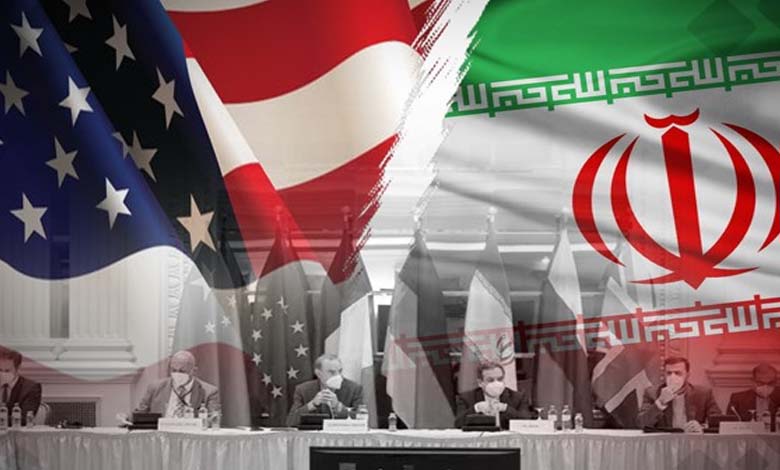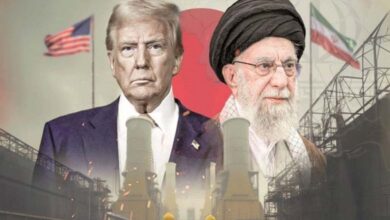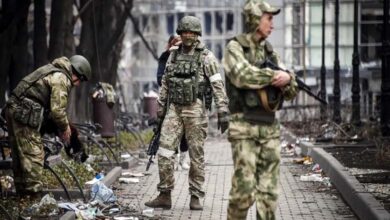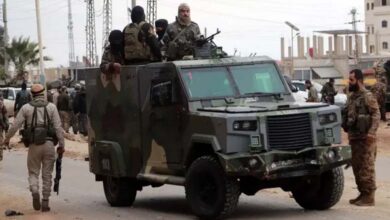Iran Warns Atomic Energy Agency Against Issuing a Resolution Against Its Nuclear Program

A European draft resolution to explain traces of uranium found at undeclared sites and the reasons for barring inspectors from Iranian nuclear sites.
The head of the Iranian Atomic Energy Organization, Mohammad Eslami, said in a statement to the Iranian news agency Fars on Tuesday that Tehran would respond if the International Atomic Energy Agency (IAEA) Board of Governors issued a resolution against it amid efforts by European powers to impose more pressure on Tehran to address its reneging on nuclear commitments.
A draft resolution submitted by European powers to the IAEA Board of Governors on Monday calls for a vote this week, urging Iran to explain traces of uranium found at undeclared sites and covering issues such as barring inspectors’ access.
The draft resolution follows a decision made 18 months ago ordering Tehran to urgently comply with an investigation by the UN-affiliated agency regarding those traces. The new text calls on Iran to cooperate without delay, including allowing the agency to take samples if needed.
The draft goes further by addressing recent problems, such as Iran preventing several senior IAEA uranium enrichment experts from joining the inspection team. It calls on Iran to reverse this step and implement a joint statement issued in March 2023, which the UN agency considered a comprehensive commitment to cooperation.
The text states that the board “calls on Iran to provide sufficient cooperation with the agency and take essential and urgent measures as decided by the board in its November 2022 resolution to resolve outstanding safeguards issues despite numerous communications with the agency since 2019.”
The 35-nation Board of Governors meets quarterly and is one of the IAEA’s two highest policymaking bodies, with the other meeting only once a year.
Since the 2022 resolution, the agency has reduced the number of sites under investigation for traces to two from three, but Iran has yet to explain how the traces got there. The agency refers to these as “outstanding safeguards issues.”
Britain, France, and Germany, known as the troika, are pushing for the resolution’s issuance despite US concerns that such a move might prompt Iran to escalate its nuclear activities, as Tehran has expressed anger over such resolutions in the past and taken such steps in response.
Diplomats say the three European countries believe that Iran’s continued non-cooperation with the IAEA and its advanced nuclear program make such a step necessary. They would not have presented the text if they were not confident of its approval. Only Russia and China opposed the latest resolution against Iran.
Iran enriches uranium to a purity level of 60%, close to the 90% needed to make weapons, and has accumulated enough enriched quantities to make three nuclear bombs, according to IAEA standards.
Western powers say there is no credible civilian justification for enrichment to this level, and the agency says no other country has done so without producing nuclear weapons. Iran asserts that its goals are entirely peaceful.
The text states that if Iran does not cooperate, IAEA Director General Rafael Grossi could prepare a “comprehensive” report, which would further increase pressure on Tehran.
He said, “Iran’s continued lack of necessary and unequivocal full cooperation with the agency to resolve all outstanding safeguard-related issues may require the Director General to prepare a comprehensive and updated assessment regarding the potential presence or use of undeclared nuclear materials.”












